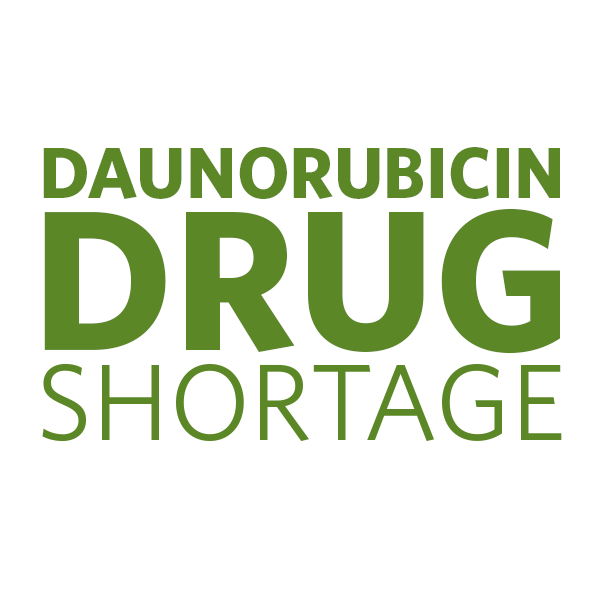
Many members of the childhood cancer community are aware of daunorubicin, a chemotherapy drug that is used to slow or stop the growth of cancer cells. This generic sterile injectable drug is a first-line treatment for childhood acute myeloid leukemia (AML), and is also used in treatments for some types of acute lymphoblastic leukemia (ALL), the most common type of childhood cancer.
Teva Pharmaceuticals — the only distributor of daunorubicin in the United States — informed the U.S. Food and Drug Administration (FDA) that the drug is in short supply, and full production is not expected to resume until sometime next year. The company offered no explanation for the shortage and gave no specific timeline for restoring the drug to full production.
The St. Baldrick’s Foundation has subsequently learned that Teva Pharmaceuticals’ U.S. supplier is shutting down its factory at the end of this year.
To express their concerns over this shortage and its impact on children with cancer, Congressional Representatives Michael McCaul, R-Texas, and Chris Van Hollen, D-Md., co-chairs of the Congressional Childhood Cancer Caucus, sent a joint letter to the FDA commissioner on November 12. A letter was also sent to the President and CEO of Teva Pharmaceuticals.
In the letters, the representatives recognize that daunorubicin supplies are exhausted, with some hospitals having only a few weeks’ supply, or enough of the drug available to treat a single patient.
Substituting other chemotherapy drugs for daunorubicin isn’t an option, as it puts children at risk of increased toxicity, decreased efficacy, or both.
Daunorubicin is so essential to the survival of children with AML that the Children’s Oncology Group (COG) requires member institutions to have the entire first course of the drug available before a child can be enrolled on a clinical trial. Substituting other chemotherapy drugs for daunorubicin isn’t an option, as it puts children at risk of increased toxicity, decreased efficacy, or both.
In their letter to the FDA, the representatives ask how they plan to return daunorubicin to full production and if the FDA will import the drug from abroad if U.S. patients cannot get it domestically. The letter to Teva raises similar questions, but also asks the company to explain why the shortage exists and provide an expected timeframe for returning to full production.
To bring attention to this critical issue, St. Baldrick’s is calling on its Speak Up for Kids’ Cancer advocacy network. Advocates are being asked to contact their members of Congress to ask FDA and Teva Pharmaceuticals about this shortage and what can be done to alleviate it as quickly as possible.
St. Baldrick’s is committed to helping solve the childhood cancer drug shortage crisis. The Foundation supported the Creating Hope Act, encouraging pharmaceutical companies to develop new drugs for children with cancer. It was included in the Food and Drug Administration Safety Act of 2012, which was “must pass” legislation for Congress that year.
We applaud Representatives McCaul and Van Hollen for their leadership on this issue, and we encourage the FDA and Teva Pharmaceuticals to act quickly and decisively.
For more information about the drug shortage, listen to a radio interview with Dr. Peter Adamson, chair of the Children’s Oncology Group, with Joe Bartlett on WOR710 New York.
The daunorubicin drug shortage puts kids with cancer at risk. Please take a minute to alert your members of Congress now.
Related Articles:
Mom Speaks Up on Drug Shortage
How a Rare Research Opportunity Saved a Child’s Life
Starting College: The Dreams and Nerves of a Girl Touched by Cancer
At the Water’s Edge: A Mother’s Plea

 SBF
Tweets »
SBF
Tweets »